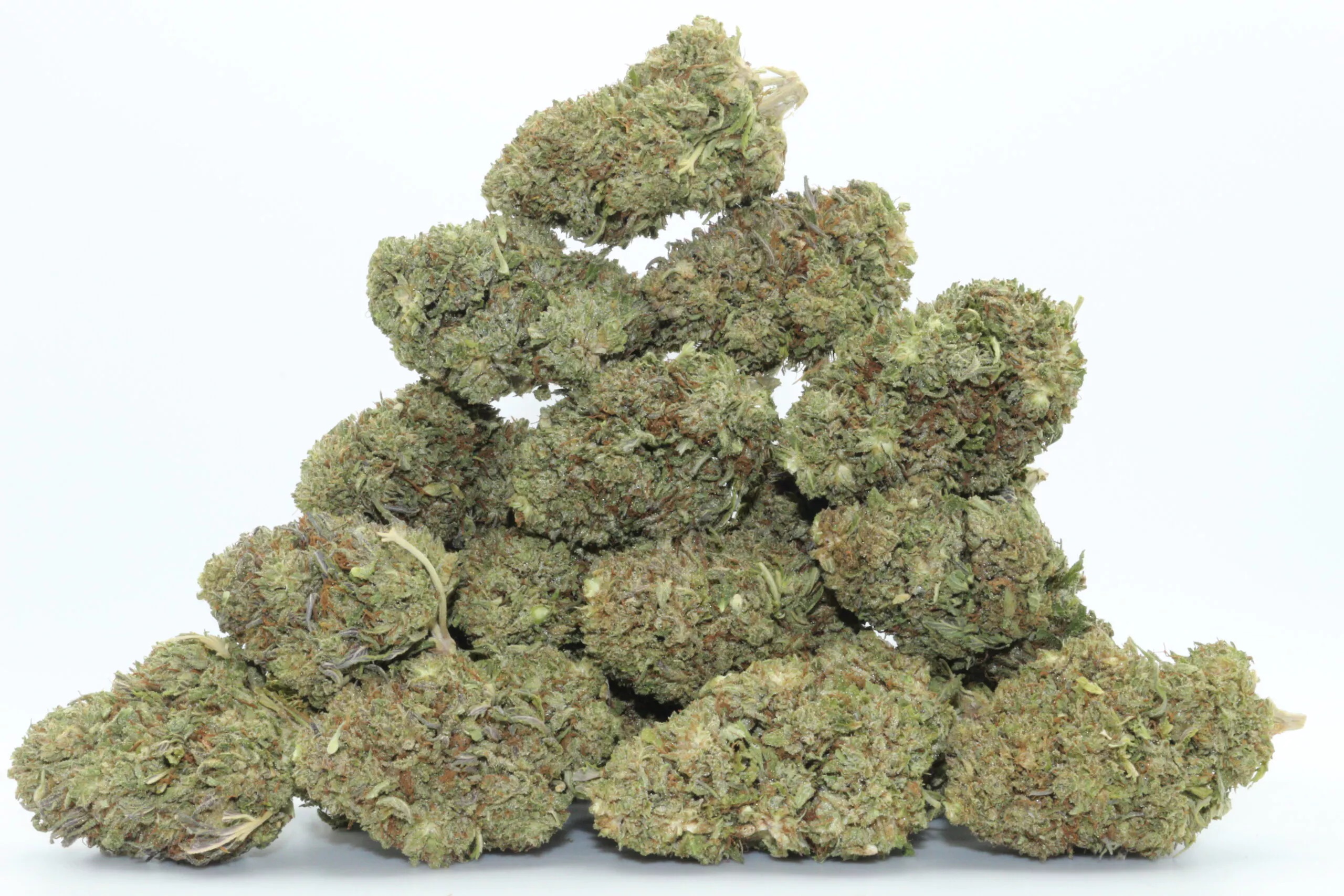By Sulaiman Aruna Sesay
Sierra Leone is currently experiencing a surge in commodity prices, with basic needs such as food, fuel, and electricity costing more than ever before. The skyrocketing prices are being felt by the majority of the population, particularly those living in poverty. As such, it is essential to critically analyze the reasons behind this development.
One of the primary factors contributing to the increasing price of commodities is the country’s dependence on imports. Sierra Leone imports most of its food and fuel, making it vulnerable to fluctuations in global commodity prices. The recent rise in global food and fuel prices has led to an increase in the cost of imports, resulting in higher commodity prices within the country.
The depreciation of the local currency, the Leone, which has led to a sharp increase in the prices of imported goods. The Leone has been consistently losing value against major currencies, such as the US dollar and the euro. As a result, importers are forced to make up for the loss in value by increasing prices to maintain their profitability.
Few years ago, the COVID-19 pandemic exacerbated the situation. Being a global pandemic, the nation felt and still suffering from some of its implications. The one that affected us the most is closure of international borders and disruptions in global supply chains have led to a shortage of food and essential goods, causing prices spike.  The strict safety measures imposed by the government to curb the spread of the various have also increased the cost of doing business, adding to the already high cost of imports.
The strict safety measures imposed by the government to curb the spread of the various have also increased the cost of doing business, adding to the already high cost of imports.
The inadequacy of local production and supply chains has contributed to the high prices. His Excellency President Julius Maada Bio late last year launched the ‘FEED SALONE PROGRAMME’. According to the president, he is expecting all Sierra Leoneans to join his government in achieving food security and sovereignty as a priority for the five years. How this going to be done? By increasing agricultural productivity and seeking food security and sovereignty. The president made it clear that, the government aims to reduce hunger and malnutrition, not just as a statistic on paper but as a visible transformation in the well-being of children, families, and communities. The lack of adequate infrastructure, such as roads, has made it difficult for farmers to transport their produce to the market. This has resulted in food scarcity, leading to price hikes.
The skyrocketing commodity prices in Sierra Leone can be attributed to the country’s dependence on imports, the depreciation of the local currency, the COVID-19 pandemic, and the inadequacy of local production and supply chains. Urgent action is needed to address these issues to alleviate the suffering of the most vulnerable populations. The government needs to invest in infrastructure, agriculture, and other local industries to promote self-sufficiency and reduce reliance on imports. There is a need to explore alternative sources of energy, such as solar, to reduce dependence on imported fuels. Only through concerted efforts can we hope to reduce commodity prices and improve the living standards of Sierra Leoneans.













